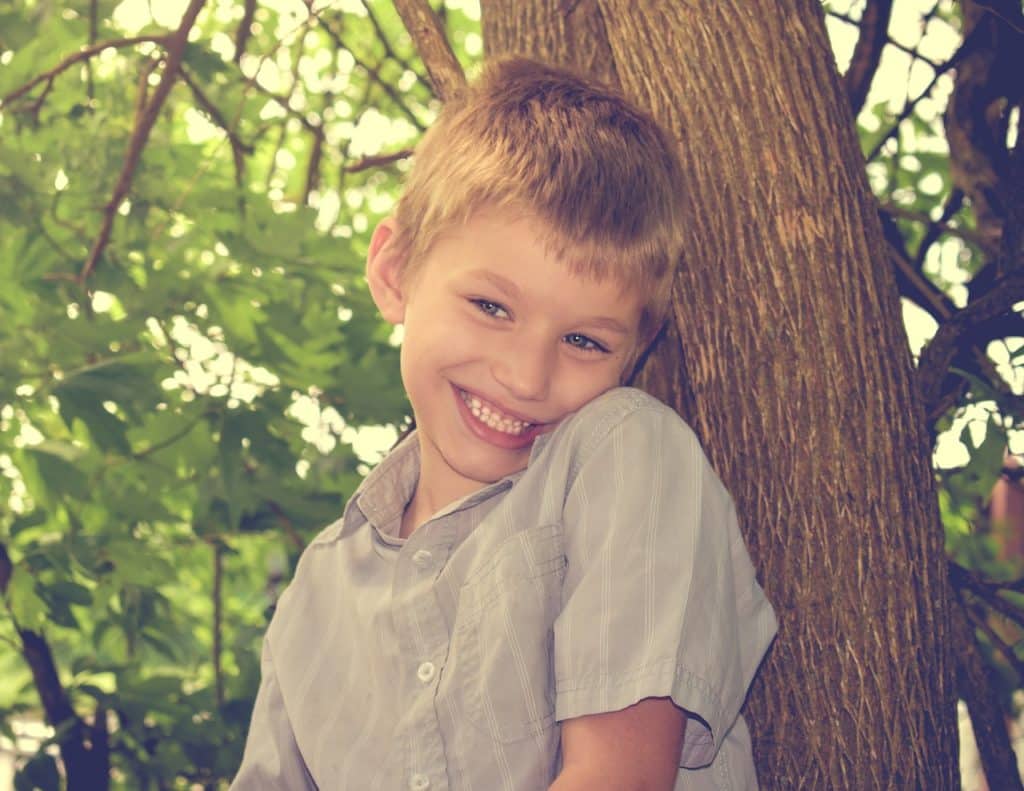ASD or Autism Spectrum Disorder is a developmental disorder that can bring about massive social, communication and behavioral challenges. There may be no significant physical indication that sets people with ASD apart from other people but in terms of communication, interaction, learning and behavior, people with ASD tends to be different. The levels of thinking, learning and ability for problem-solving may range from severely challenged to gifted. Some people diagnosed with ASD may also need a lot of support in their day-to-day living while others may need less.
Diagnosis
Since there are no medical tests available such as blood testing make ASD diagnosis a lot more difficult. Specialists often look at the development and behavior of the child to make their diagnosis.
However, ASD can be detected at 18 months or younger. When the child reaches two years of age, professional diagnosis can be considered reliable. But on the other hand, a lot of children with ASD do not have the opportunity to be diagnosed until they become much older. This impediment in early diagnosis means that children with ASD do not get the help they needed the most during their younger years.
ASD diagnosis now includes a number of conditions that are often separately diagnosed such as autistic disorder, Asperger syndrome and pervasive developmental disorder. All these conditions are now currently considered as autism spectrum disorder.
Signs and Symptoms
People with ASD often struggle when it comes to emotional, social, and communication skills. They are also more inclined to repeat certain behaviors and are not too keen in changing their daily routines. Most of the time, people with ASD have unique ways of learning, reacting to things, or paying attention. And while signs and symptoms may prevail during early childhood, this condition typically last throughout a person’s life. Other symptoms may include:
- Not pointing at objects to indicate interest
- Not looking at specific objects when a person points at them
- Having trouble relating to others or not interested in other people
- Avoiding eye contact and prefers to be alone
- Having trouble relating to other people’s feelings
- Not wanting to be held or cuddled while some may cuddle only when they want to
Currently, there is no cure for autism, but research shows that an early intervention is crucial to improve the child’s development. Early intervention may include therapy to help the child talk, walk, or interact with other people. This is why it is very important to talk with your child’s physician as soon as possible if any of these symptoms are visible.

